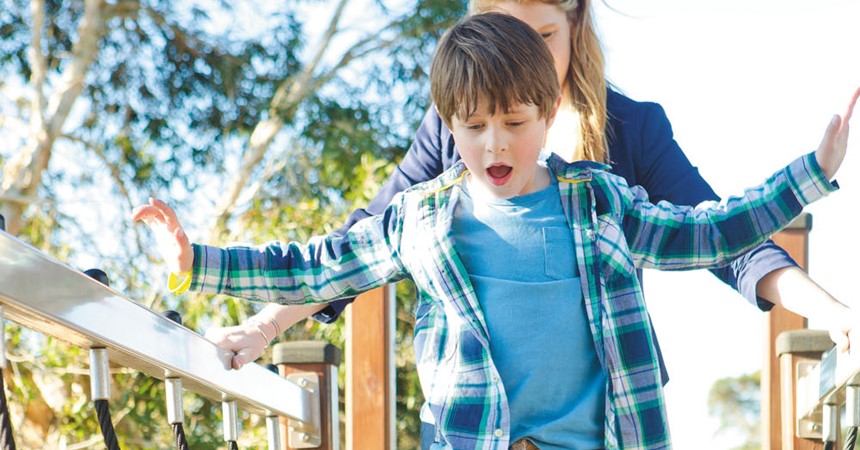Tell us about CatholicCare’s foster care program
Foster care is required when children and young people (aged 0-18 years) are unable to live with their own families for a variety of reasons. Caring for vulnerable children can be both challenging and rewarding. It does not require the perfect parent but certainly requires dedication and energy. CatholicCare supports our carers by providing them with training and carer and financial support, enabling them to make a real difference in the life of a child.
We understand that the length of time children remain in care varies. What types of care are available?
There are three types of care including respite care, short to medium-term care and long-term care.
Respite care supports and provides relief to full-time carers, their families and children in care. Respite care provides carers with a short-term break from their rewarding, but often challenging, role and provides the child with an extended network of support. As a respite carer, you would care for the child for short periods of time, for example, one weekend per month or in school holidays. Children in OOHC (foster and relative care) need positive role models in their lives like a favourite aunt or uncle. Respite care is a way people who would like to assist children in need, but cannot commit to medium or long-term care, can make a difference. During these periods carers might take the child on outings or teach him/her a handy skill or hobby.
Short to medium-term care can range from caring for a child overnight to up to 12 months. On average, care is usually provided for 6-9 months. The child may then return to living with his or her family or move into long-term care.
Long-term care is provided to children who can no longer live with their parents or family and need a family to grow up with until their family’s circumstances change or they turn 18. Long-term care requires a high level of commitment.
Do carers have any say in whom they would like to care for?
Carers can make choices about the age and gender of the children. We have a particular need for families available to care for groups of brothers and sisters and for older children and young people.
What are the day-to-day responsibilities of a carer?
Carers are required to provide day-to-day care for children including health, education, identity, family and social relationships, emotional and behavioural development and self-care skills.
Are there any selection criteria for carers?
Just like parents, carers can come from all sorts of backgrounds. Carers must be over 18 years of age and we accept applications from all, whether married, single or de facto couples. Applicants may be employed full or part-time; however, it is important they have adequate time to provide care. Applicants must be in good physical and mental health and have adequate and safe accommodation. This does not mean that applicants must own their own home.
What is the process for becoming a carer?
Becoming a carer involves several steps and you can withdraw at any time. Once you enquire, we will send an information pack and ask that you return a Registration of Interest form. You will then be invited to attend an information session, where you will have an opportunity to meet staff and experienced carers. We will introduce you to the reasons children need OOHC and what families need to know. If you wish to proceed you will be asked to undertake a number of checks, including health/medical, background/criminal and personal references. You will be asked to undertake training and commence the competency-based assessment interviews with our staff. We will then prepare a report with recommendations for the panel. If successful, you will then become an authorised carer. The process may seem lengthy but it’s designed to ensure children are placed with people who will provide sound care and that carers are well prepared and supported.
Can I adopt a foster child?
OOHC to Adoption or Guardianship is part of Safe Home for Life reforms in making permanency plans for children in foster or OOHC. In circumstances where the agency has supported the foster carer to develop skills in facilitating contact between the child and his/her birth parent/s, Open Adoption or Guardianship may be considered as a long-term plan to provide the child with a permanent home. An adoption assessment of the carers is arranged by CatholicCare and if successful, the adoption order is made by the Supreme Court. Adoption or Guardianship often make children feel safer and more secure in their home and in their ongoing relationship with their birth and adoptive parents.
To learn more, P 4944 0700 to speak to a member of the CatholicCare Recruitment and Support Team, E becomeafostercarer@catholiccare.org.au or visit www.catholiccare.org.au.




























































































